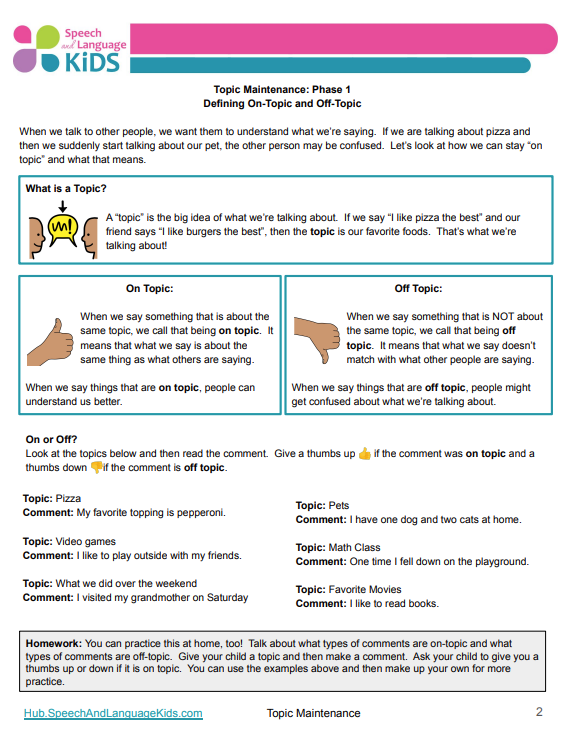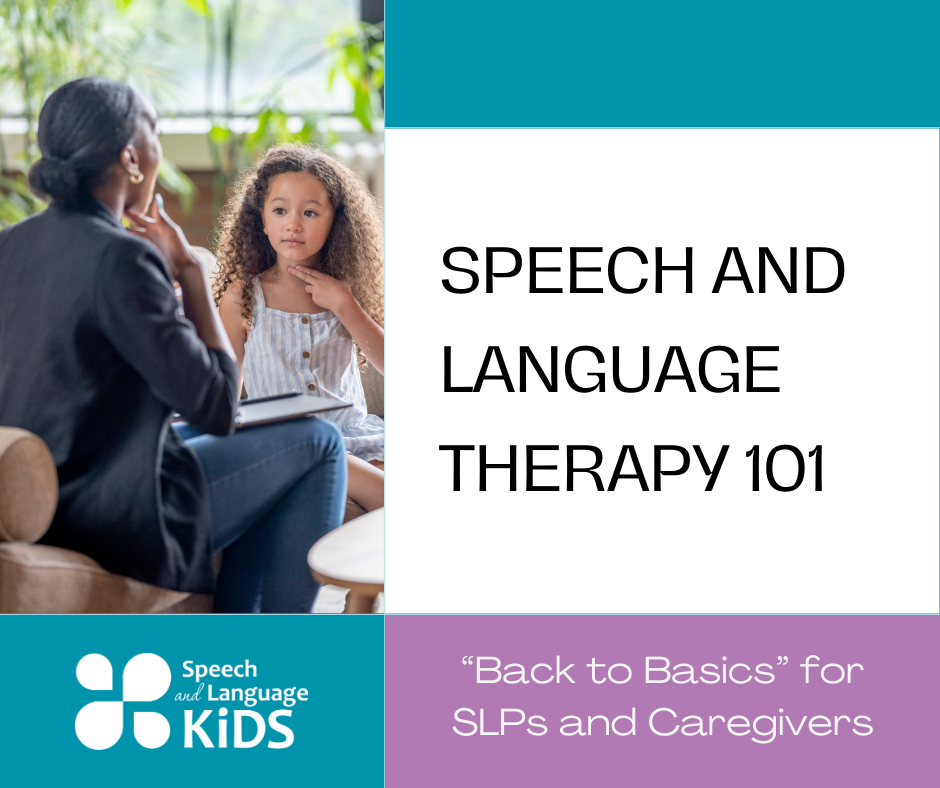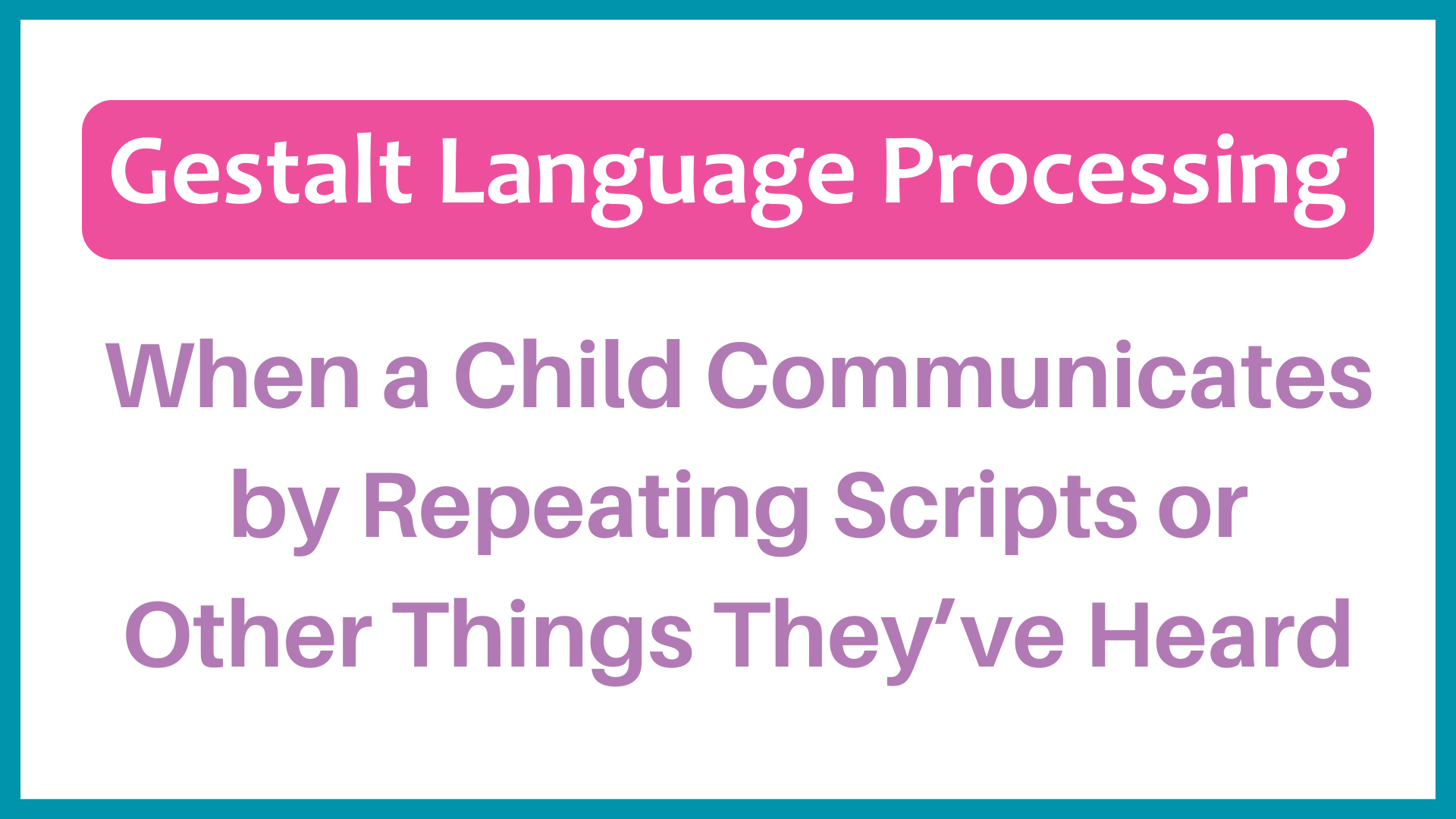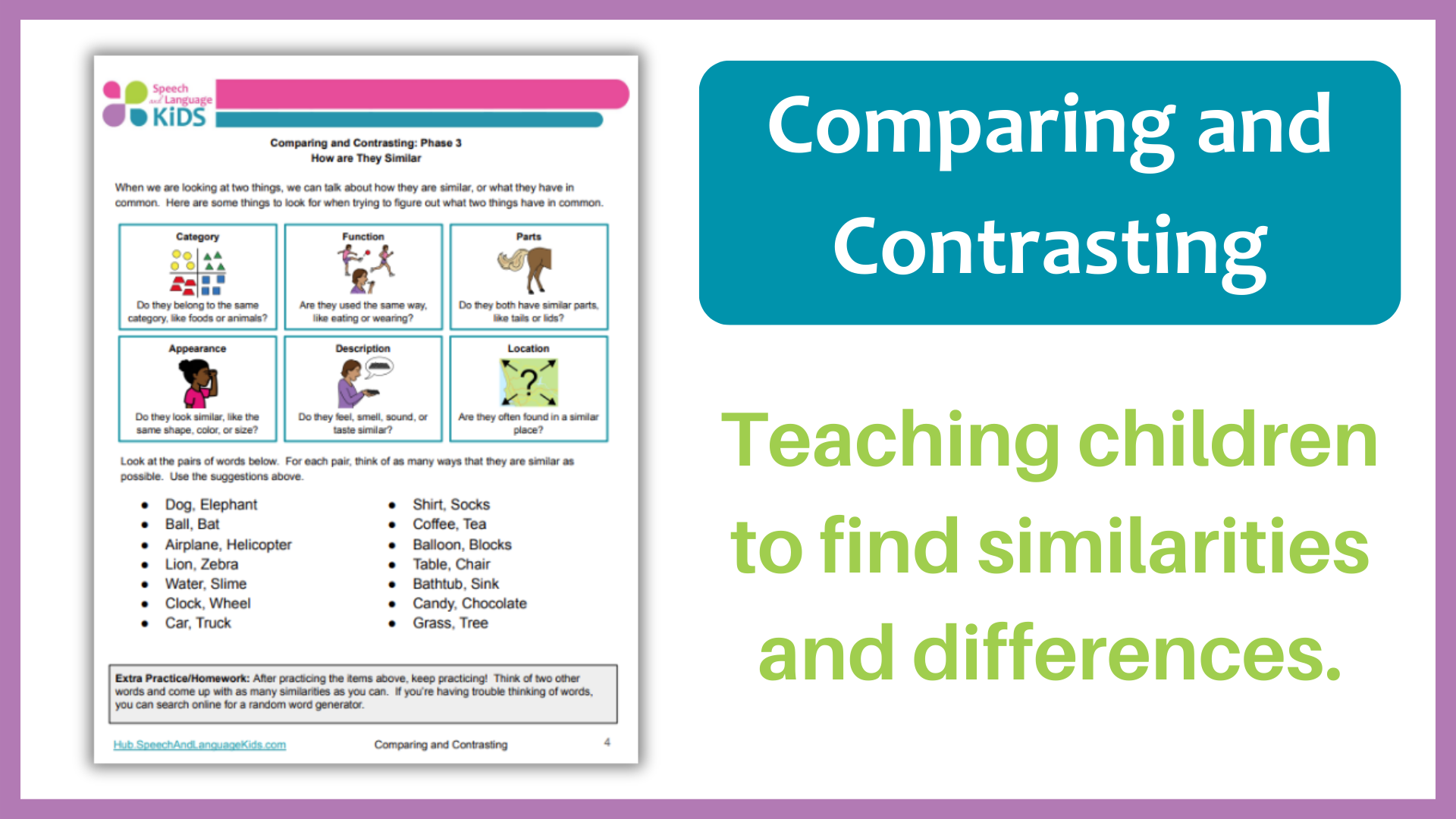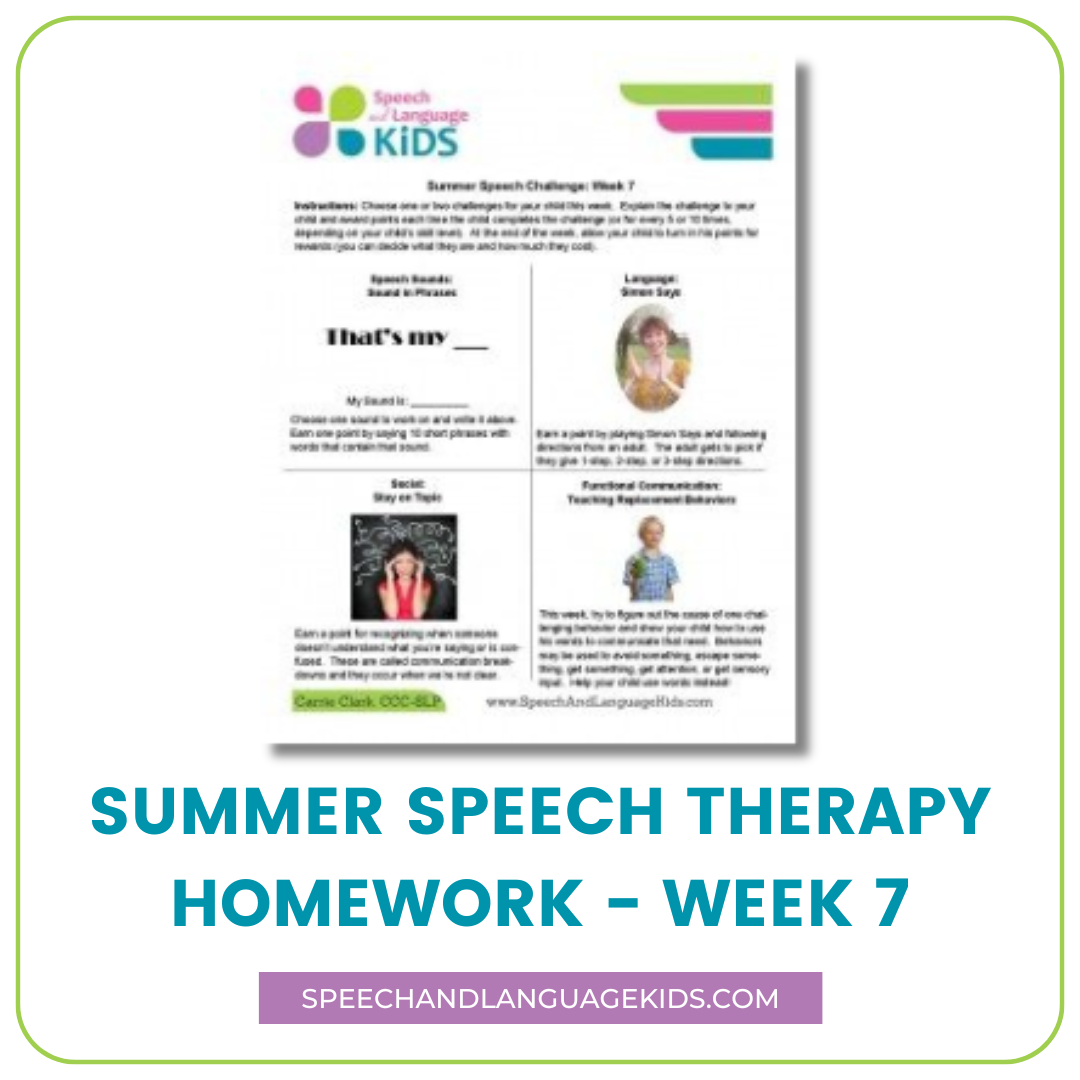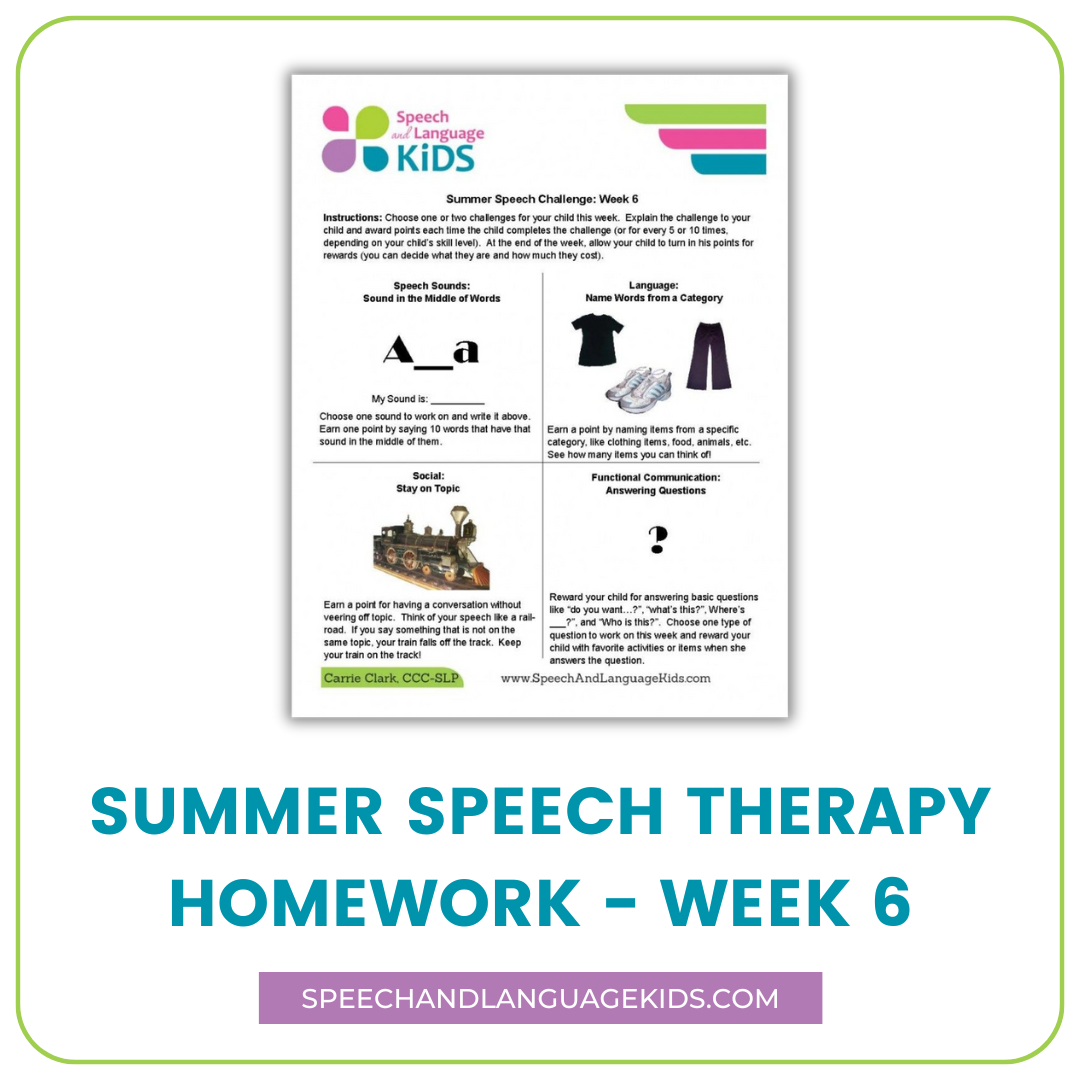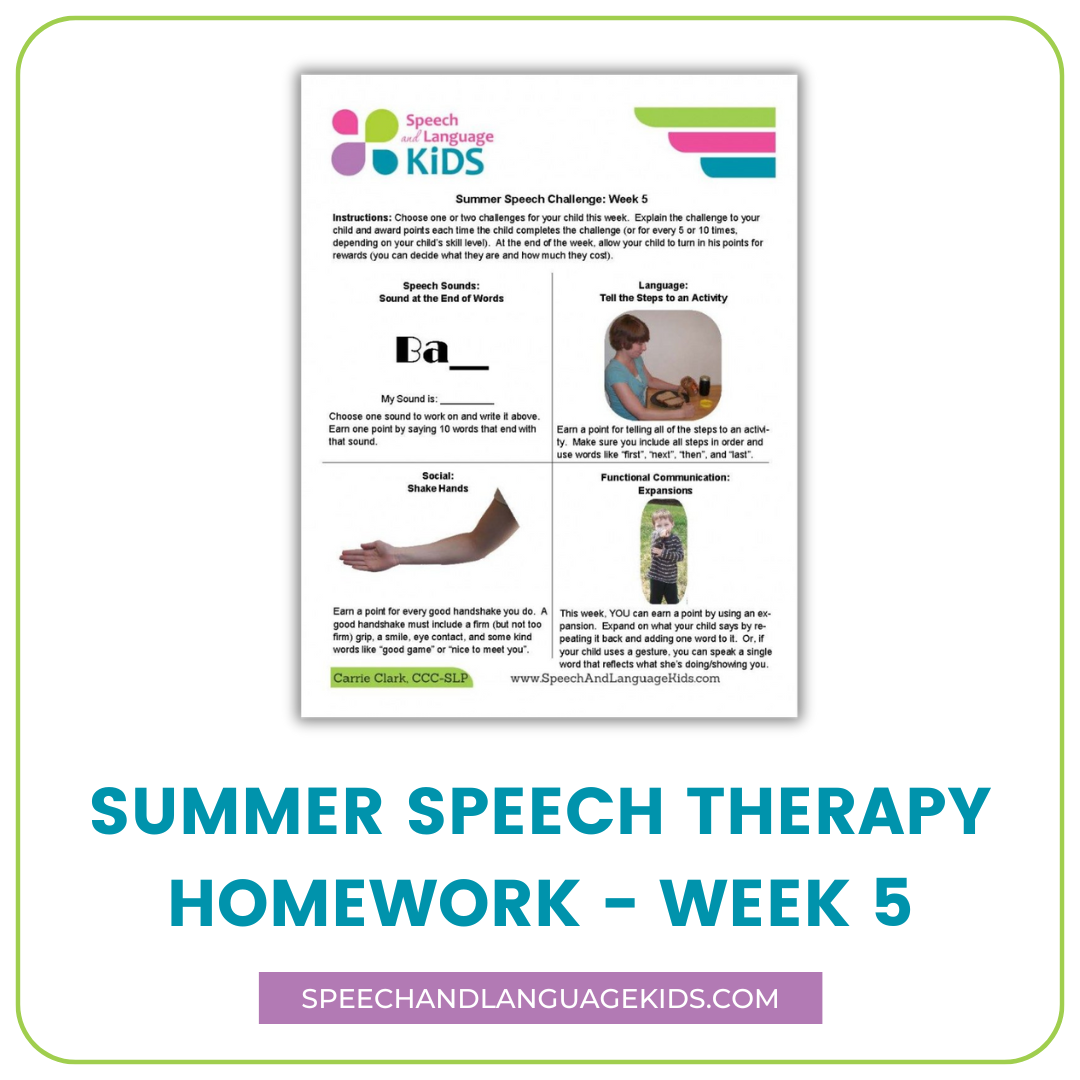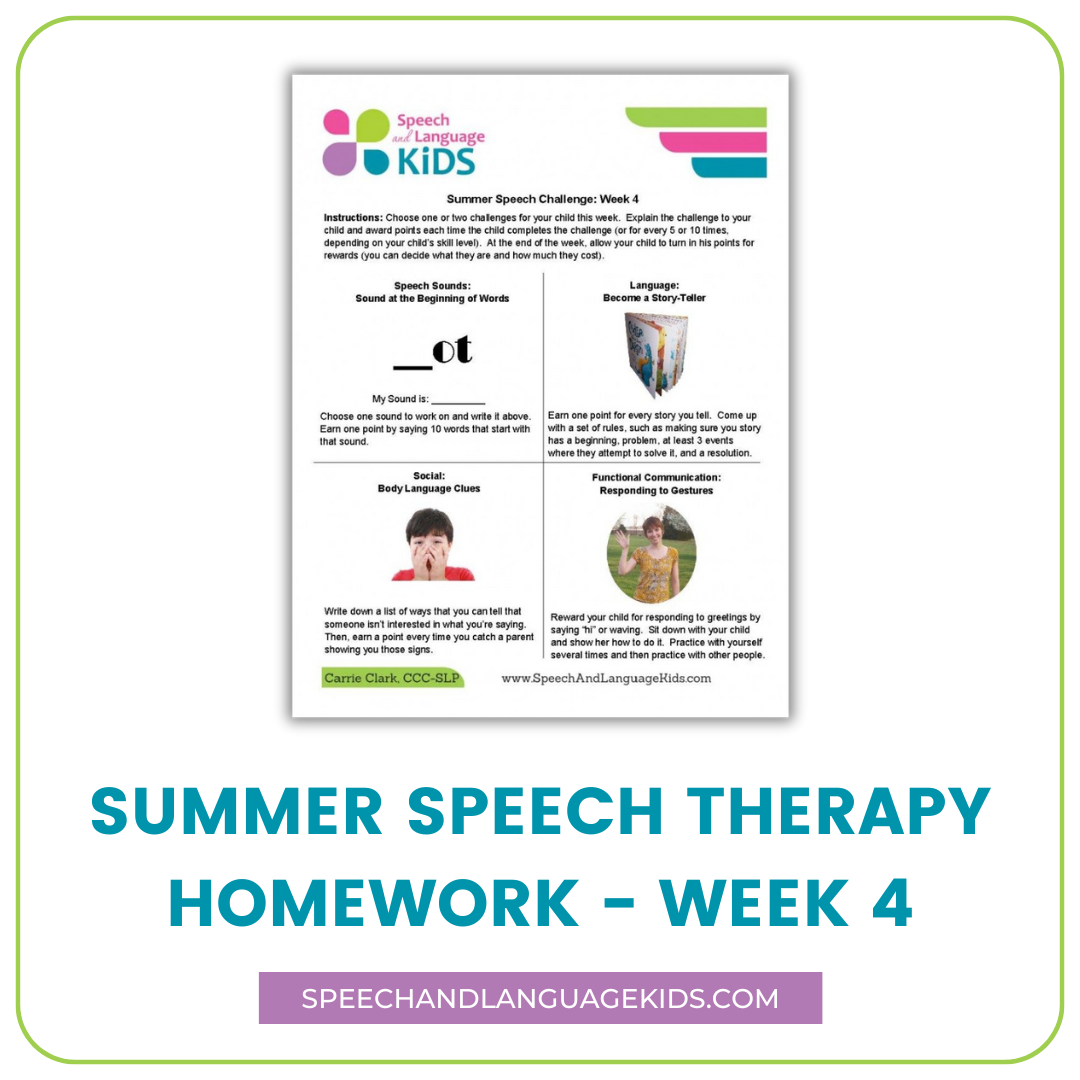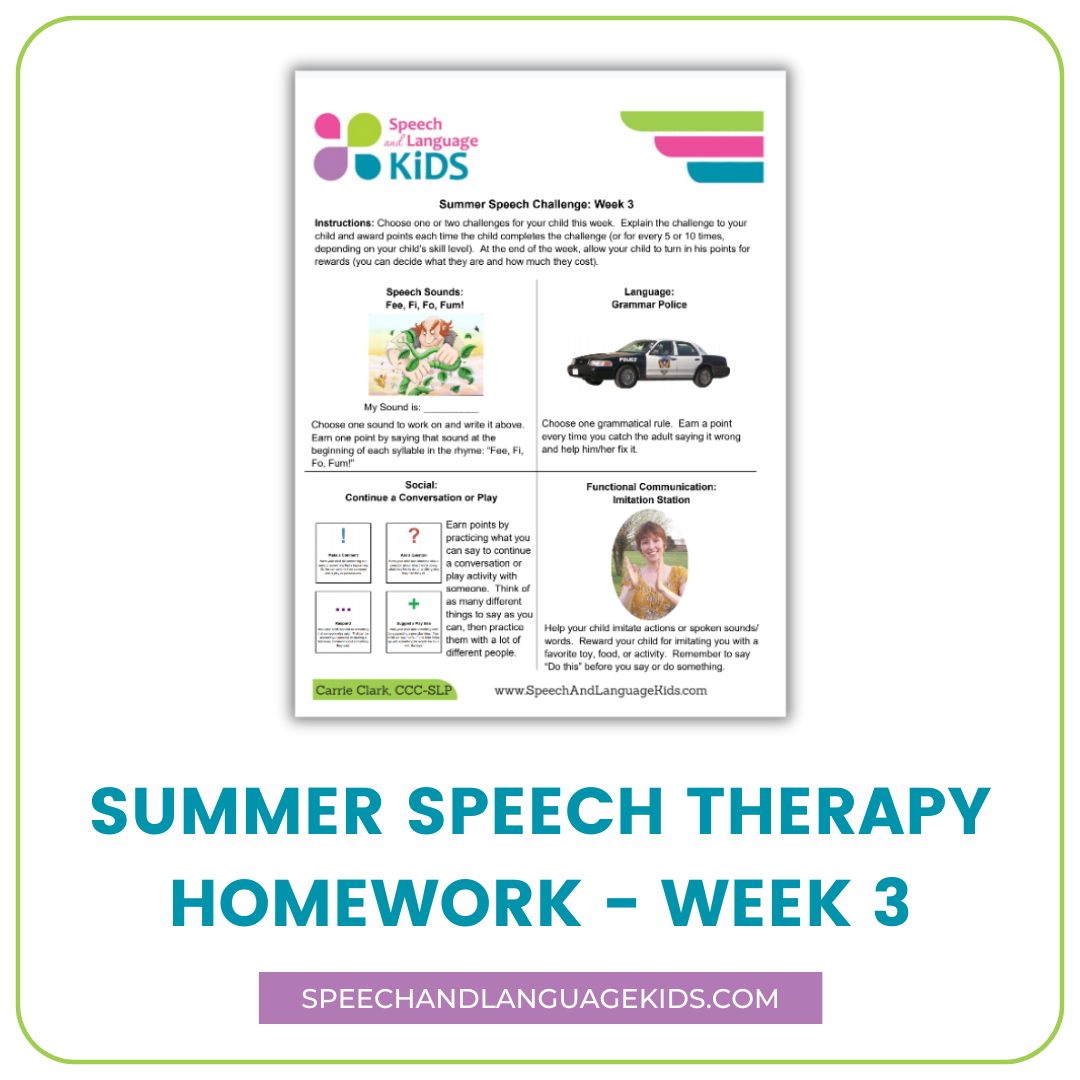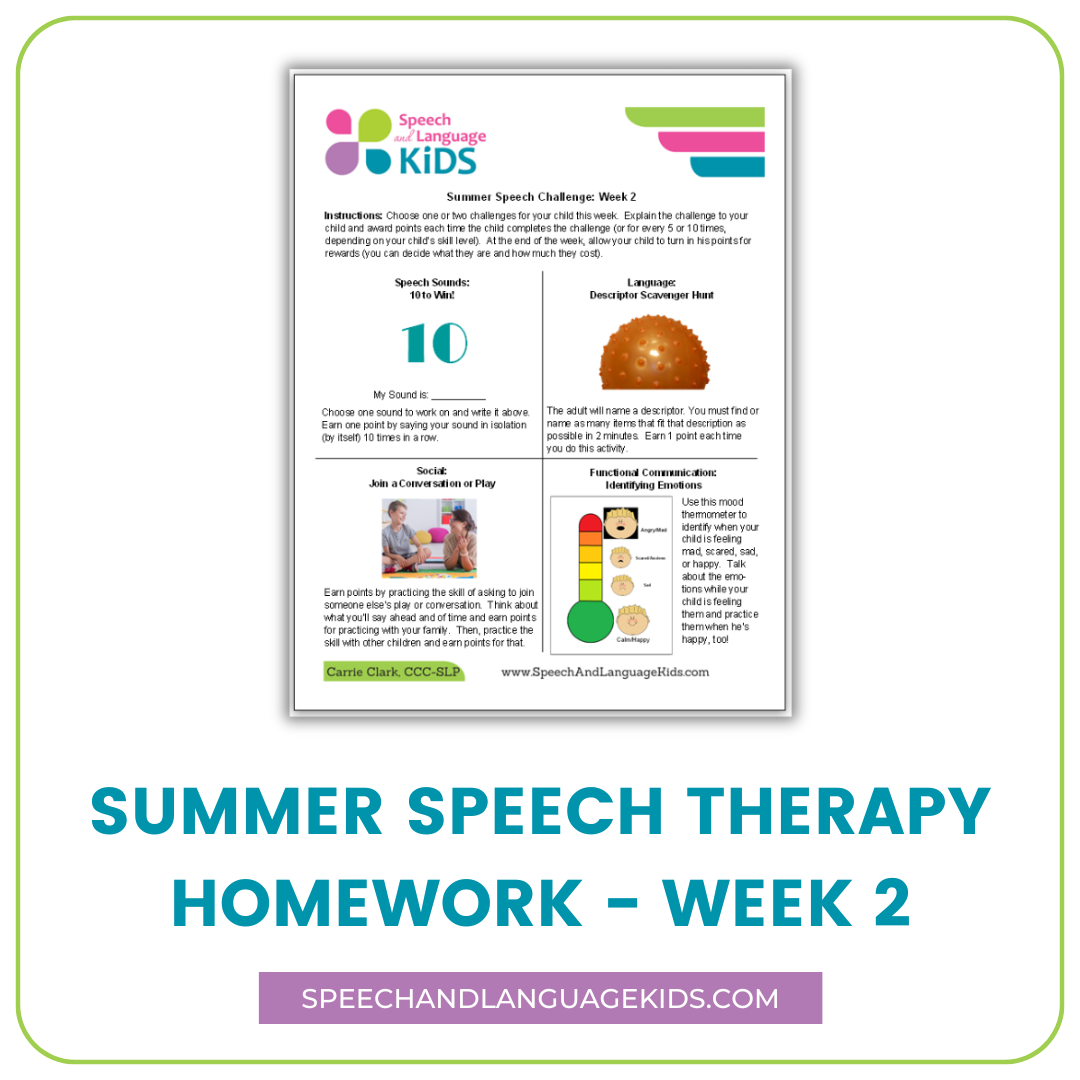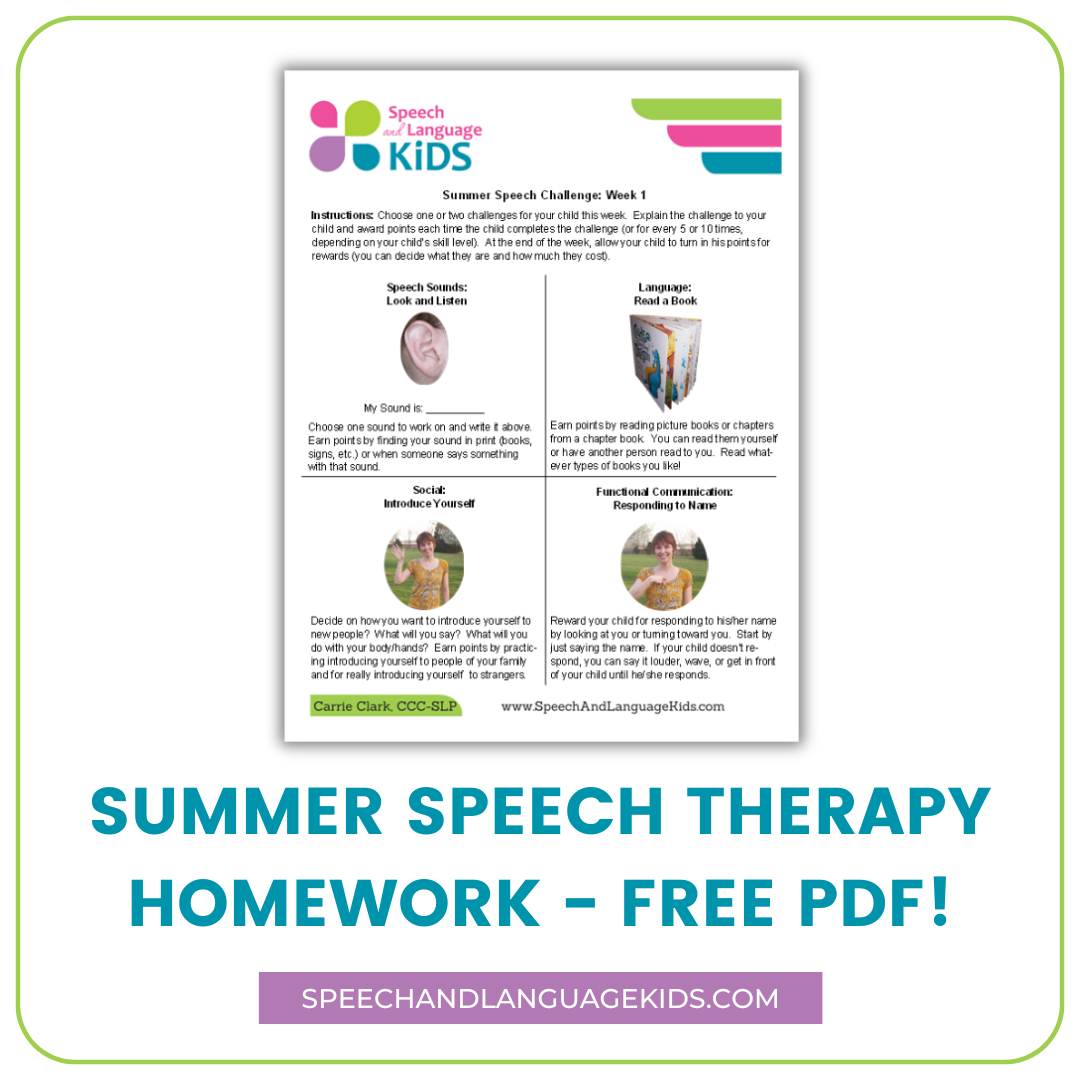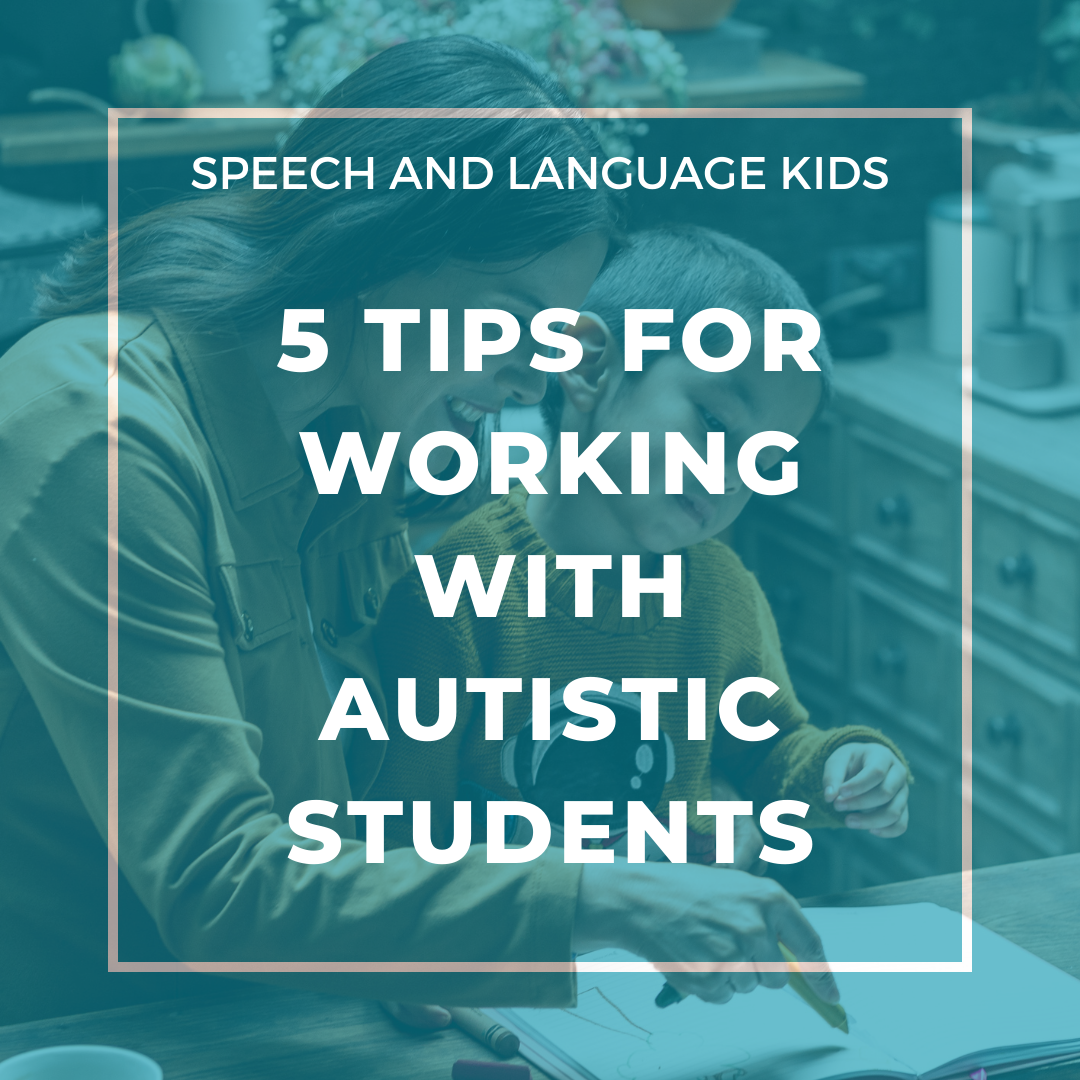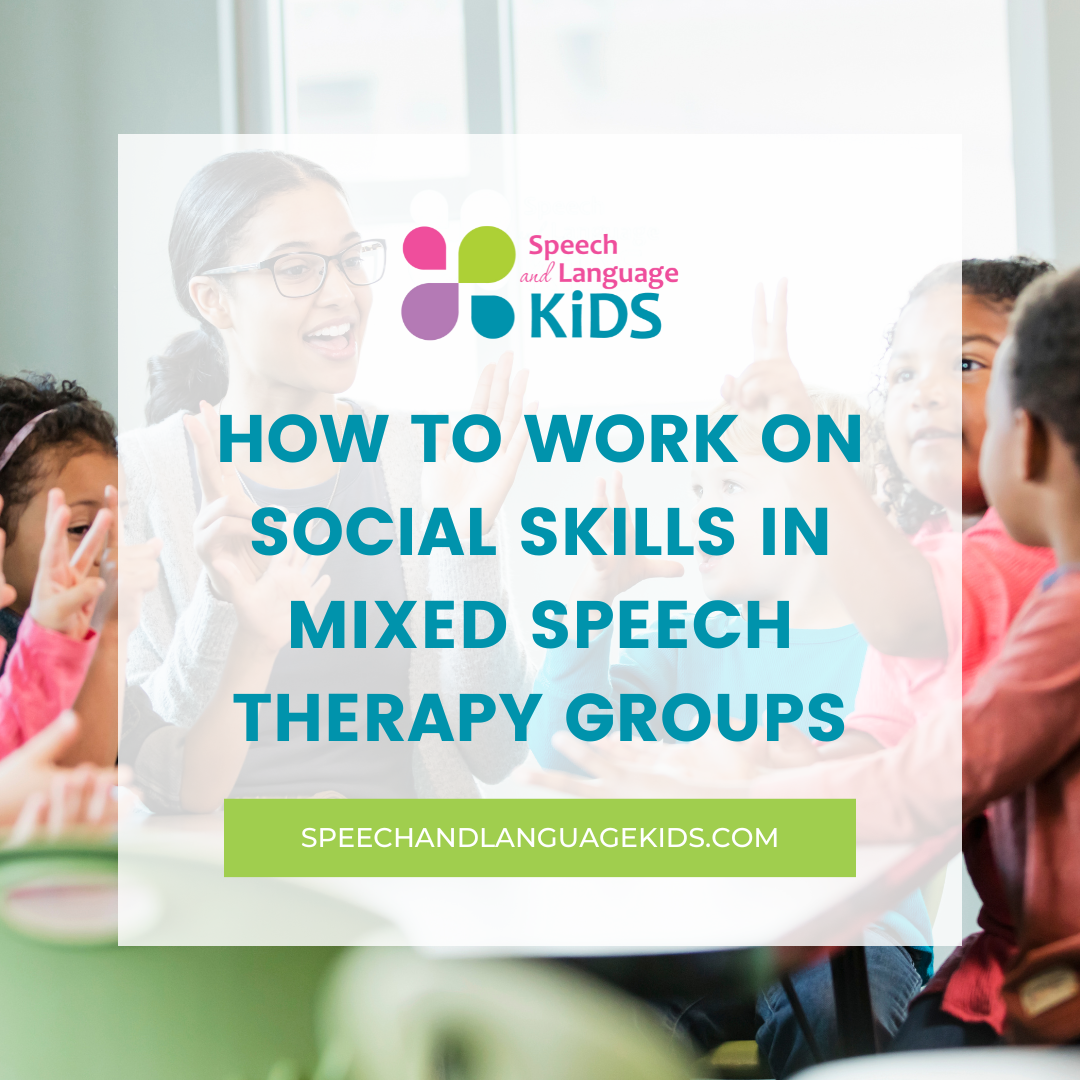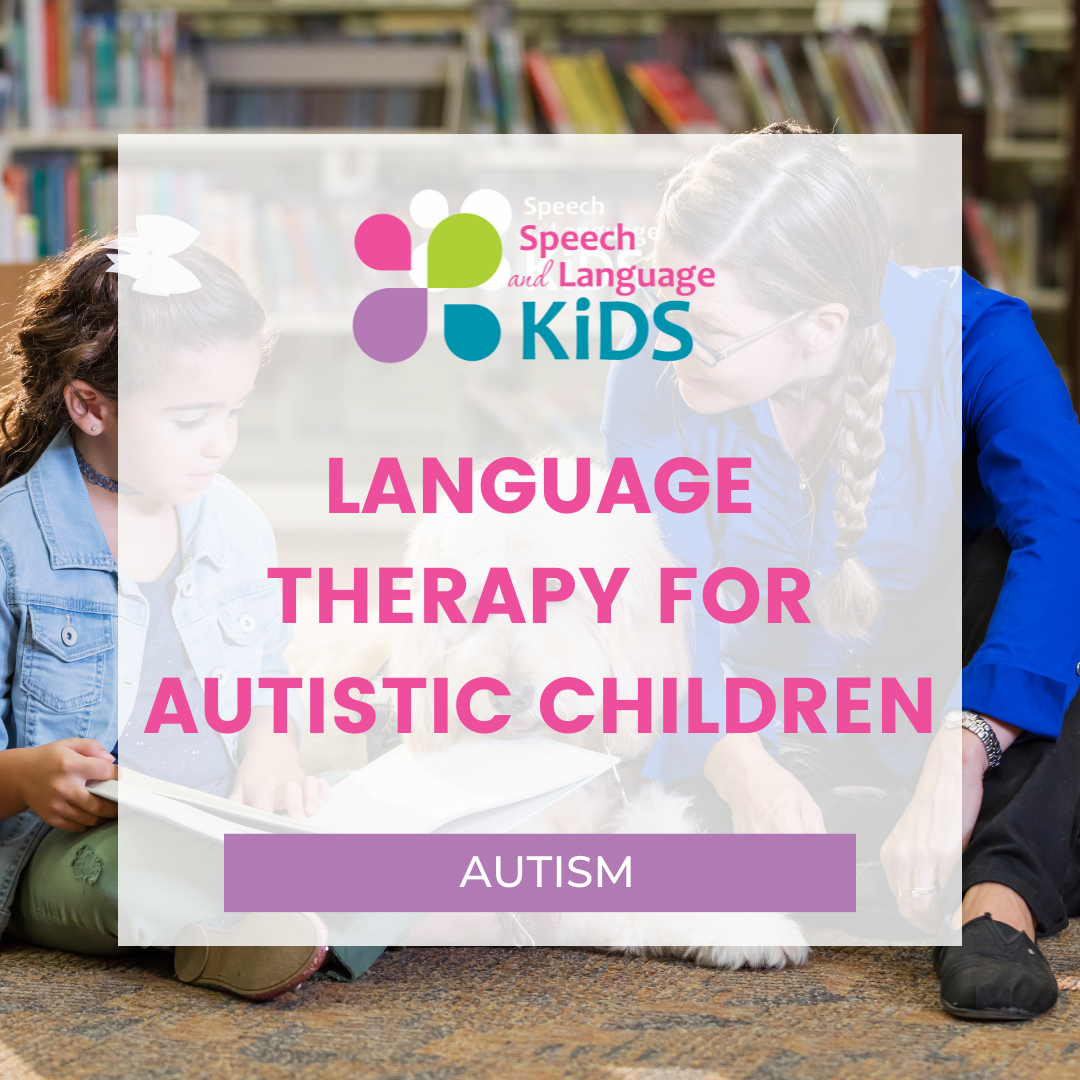Social Skills Therapy:
How to Teach Social Communication Skills to Children
Some children struggle with the social skills necessary to make and keep friends. It can be tricky to figure out exactly why the child is struggling so this may take some observations and lots of self-reflection on the part of the child/teen.
What are Social Skills?
Social skills is the term that refers to a child’s ability to interact with other people. Many different skills fall under the umbrella of social skills, including understanding social rules, using correct body language, using appropriate language, and using empathy to understand the world from someone else’s point of view. Many children with language delays also have difficulty with social interaction.
If a Child has Trouble with Social Skills, Does he Have Autism?
One of the main indicators of autism is difficulty with social interactions. However, many children who have trouble with social skills DO NOT have autism! Just because a child has difficulty with social interaction, it doesn’t mean he has autism. If you are concerned about autism for a child with social skills difficulty, click the link below:
If you’re not concerned about autism, keep reading!
Early Social Skills: Responding To Others
One of the earliest social skills that we work on with children with social communication delays is helping the child respond to others. We can work at a very basic level on this skill by helping a child just learn to respond to sounds that someone else makes or by helping them respond to their name when it is spoken. Responding to others is the very base for social interaction.
How to Teach a Child to Respond to Voices
How to Teach a Child to Respond to his Name
Emerging Social Skills: Preschoolers
Once a child enters the preschool age group, it is time to start working on relating to other children. Preschoolers must learn the rules of social interactions (even if they aren’t going to preschool) in order to have successful interactions and relationships with other children. This is also the time when children must learn how to deal with conflicts that may arise during interactions. They also must work on how to initiate and maintain those interactions and friendships. Here is more information on teaching social skills to preschoolers:
Social Skills Activities for Preschoolers
Establishing Joint Attention: Therapy for Children Who Aren’t Tuned In
Advanced Social Skills: Adolescents
As children get older, the social skill demands get higher. Here are some tips for working on social skills with older children:
How to Teach Social Skills to Older Children
Using Masks to Practice Perspective Taking and Social Skills (Halloween Activities)
How to Teach Perspective-Taking to Children
Children with language delays often have difficulty making inferences about what’s going on around them, such as making inferences about how someone is feeling. Click the link below to learn more about helping a child make inferences:
Social Stories for Children with Language Delays
A social story is a short story that a parent or therapist creates that teaches a child a particular skill or shows the child what to do in a particular situation. The story uses positive language to describe what is going on and what the child should do. For example, if a child always has trouble during a certain transition (say, coming in from recess), the social story would go step-by-step through the transition and describe the child’s role during the whole process. Here’s more information about how you can use social stories to teach social skills:
Using Social Stories with Children
Video Modeling for Children with Language Delays
Video modeling is a lot like social stories except you use videos of the child performing a skill instead of reading about it in a book. Click the link below to learn more about video modeling:
Video Modeling for Children with Language Delays
Topic Maintenance
Topic Maintenance refers to a child’s ability to stay on topic during a conversation. Many children with social skill problems have difficulty staying on topic for an appropriate length of time. This can make it hard for a listener to follow the child’s conversation and may cause them to become disinterested in speaking further with the child. Here’s information about how to help a child learn to stay on topic:
Self-Calming Skills
Although it may not seem like a social skill, our ability to manage ourselves and our moods impacts our social interactions greatly. If a child has difficulty knowing how to calm himself down and deal with emotional ups and downs, it can affect his ability to build and maintain friendships. Here is some info on improving self-calming skills in children:
Self-Calming Skills for Children
Figurative Language
Children with language delays often have difficulty understanding and using figurative language such as idioms, similes, and metaphors. Click the link below to find out how to teach these to a child:
How to Teach Figurative Language
Selective Mutism
Selective mutism is when a child has the ability to speak and will speak in at least one setting (usually home) but refuses to speak in another setting (usually school and/or in public). Treatment for selective mutism is very different from treatment for other speech and language delays. To find out more about selective mutism, click the link below:
Printable Games for Working on Social Skills
Although these games are not specifically designed for social skills training, they can easily be adapted to use for social skills. If you print one copy of the game, you can have two or more children work together to complete the activity. This will require cooperation and interaction. If you print two copies of the game, you can have the children use their language to communicate with each other about how to complete the activity or have one child describe where to put items on the other folder so it matches the first.
Where Does it Go Spatial Concept Game: Have one child put the pieces on his folder without showing the second child. The first child must then use only his words to describe to the second child where to put the pieces to make it look like the first (print two copies). Then, compare the two folders to see if the child was successful at using descriptive vocabulary to give directions.
Funny Faces File Folder Game: Complete as the above activity but make faces instead of scenes.
Tell Me About It Adjectives Game: Children must work together to choose the correct descriptors to describe an object. Or, have one child complete the activity for a single object and then the second child must guess what the object is based on the descriptors used.
Browse All Social Skills Articles:

About the Author: Carrie Clark, MA CCC-SLP
Hi, I’m Carrie! I’m a speech-language pathologist from Columbia, Missouri, USA. I’ve worked with children and teenagers of all ages in schools, preschools, and even my own private practice. I love digging through the research on speech and language topics and breaking it down into step-by-step plans for my followers.
Fun Fact: When my son was three, he once got mad at me and told me he was going to send me to Antarctica in nothing but a t-shirt. He had an overly large vocabulary for a 3-year-old….along with an overly large amount of sass. He still has both to this day.
Connect with Me:

